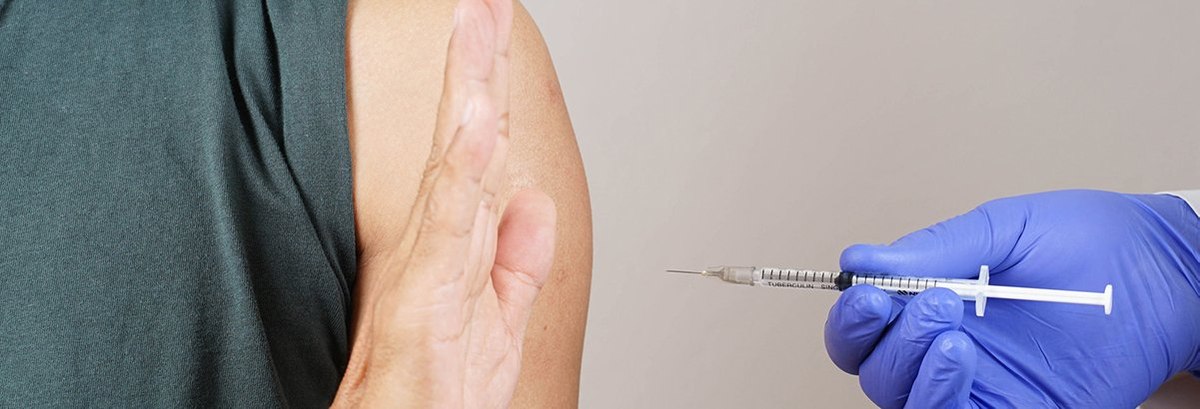One of the strongest indicators of whether people share their COVID-19 vaccination status with friends and family is whether they are unvaccinated and might not stay that way.
Most vaccinated Americans are open about their COVID-19 vaccination status (78% say all of their family members and close friends know they are vaccinated). So are most people who aren’t vaccinated and don’t plan to change that (67%). The people least likely to share their status, according to the latest Economist/YouGov Poll, aren’t fully vaccinated but either have started the process or plan to (26%) or are not sure about vaccination (45%).
Adults under age 30 are less likely than older ones to tell friends and family about their vaccination status. One in four (25%) have told few or no people about it. More than four in ten young adults (43%) haven’t gotten any vaccine doses.
Among vaccinated Americans, seven in ten plan to receive the booster shot when it is available to them; 2% say they have already received a booster. The partisan patterns that prevail on many questions about vaccinations apply to booster shots, as well. Republicans and Independents are much less likely to be vaccinated than Democrats (54% of Republicans are fully vaccinated compared to 57% of Independents and 78% of Democrats).
Among people in each group who are vaccinated, Republicans and Independents are much less likely than Democrats to say they will get another shot (59% of vaccinated Republicans say they will get a booster compared to 62% of vaccinated Independents and 83% of vaccinated Democrats). There is room for that to change: People are more likely to say they are unsure about boosters (20%) than to outright reject them (8%).
Adults under 30 who are vaccinated are much less likely than older adults to say they will get a booster. Young adults are almost twice as likely as the public at large to reject a third shot outright (15%, compared to 8%). White Americans (72%) and Black Americans (70%) are equally likely to want the booster, while Hispanic Americans (61%) are more hesitant.
A majority of Americans favor mask mandates for schoolchildren, with the usual partisan splits: Republicans more likely than Democrats to oppose COVID-19 measures (55% of Republicans opposed, compared to 8% of Democrats).
More than half of Americans also support mandatory vaccinations for both teachers (60%) and eligible K-12 students (52%). Parents of children under the age of 18 (not all of whom have children in school) are less likely than the public overall to favor vaccine mandates. Less than half (47%) support mandatory vaccines for eligible students.
See the toplines and crosstabs from this Economist/YouGov Poll
Methodology: The Economist survey was conducted by YouGov using a nationally representative sample of 1,500 US Adult Citizens interviewed online between September 4 - 7, 2021. This sample was weighted according to gender, age, race, and education based on the American Community Survey, conducted by the US Bureau of the Census, as well as 2016 Presidential vote, registration status, geographic region, and news interest. Respondents were selected from YouGov’s opt-in panel to be representative of all US citizens. The margin of error is approximately 2.8% for the overall sample.
Image: Getty








